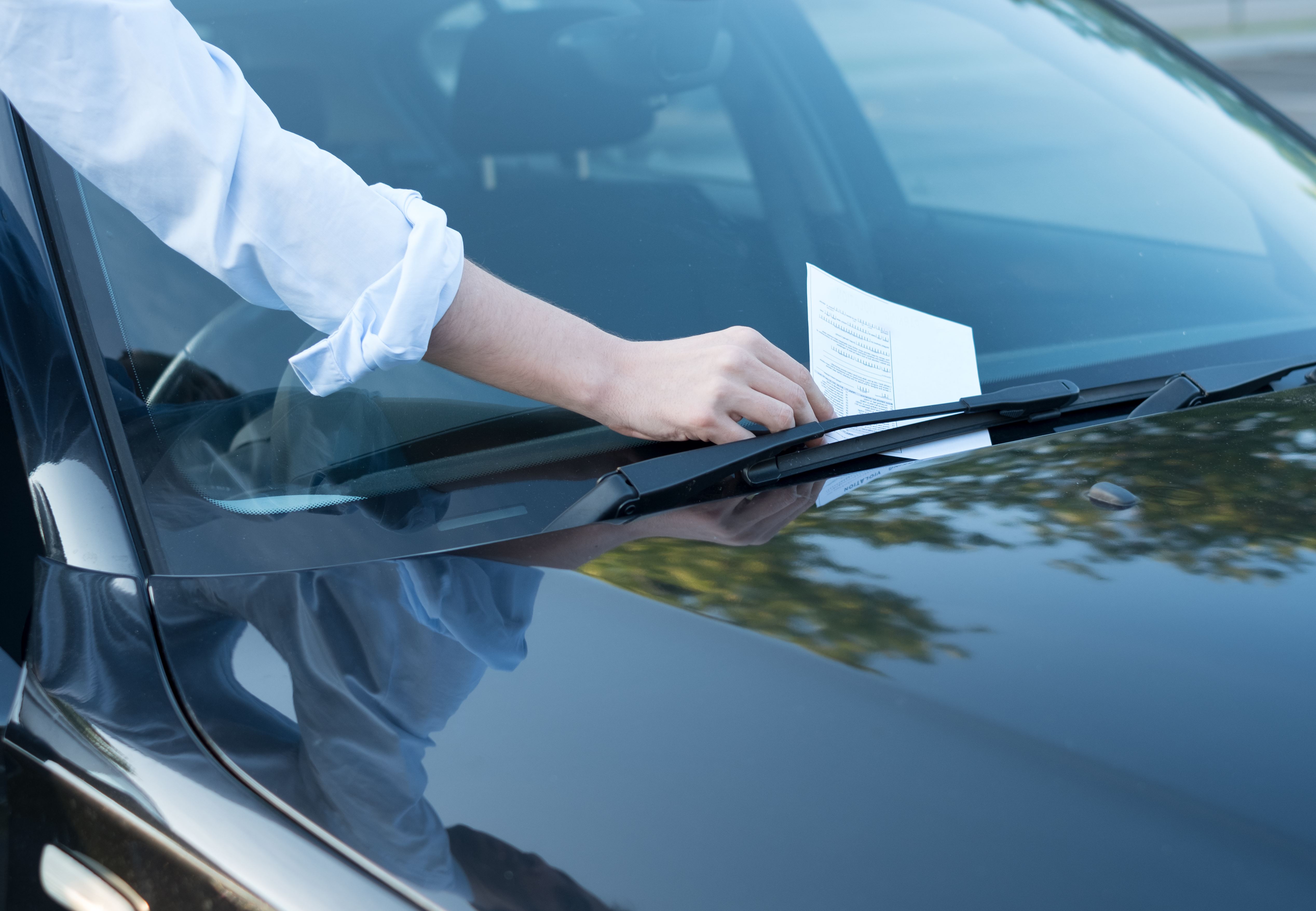Alas, no.
In the Traffic Violations Bureau courts of New York City, you’re a blank slate in front of the judge. Before and during your trial, the judge does not know your driving record. If the ticket is dismissed, the judge never sees your record.
Silly as it may sound, there is a basic American principle at issue here: It’s about the violation, not the character of the accused. What you’ve done before isn’t at issue — it’s what you did, or didn’t do, in this particular matter.
Even if you have a bad record, you’re entitled to the presumption of innocent in your case. And just because you have a good record, that doesn’t mean you can’t, or shouldn’t, be convicted.
Every trial is based on the facts and testimony presented in regards to that specific incident. During the trial proceeding, the judge is not allowed to consider whether your driving record is good, bad, or in between.
Only if and when you are found guilty does the judge see your record. Here is where your good, or bad, record becomes a factor.
If you have a bad record, you will face more serious consequences for the conviction — a higher fine, a driver assessment fee, and potentially a suspension or revocation of your driver’s license.
If you have a good record, you’re less likely to face such consequences — but, of course, that depends on the conviction.


